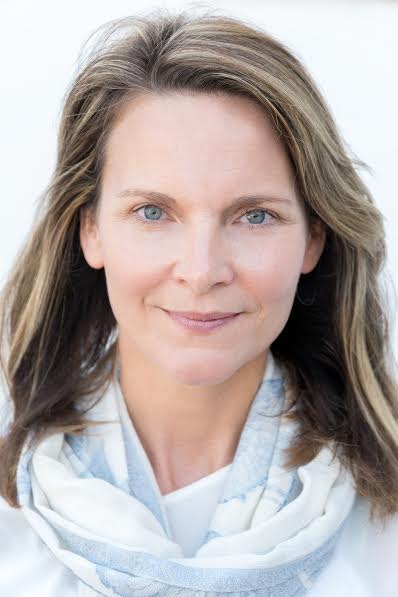By Hildur Palsdottir
This summer, a friend remarked that I must be a butterfly magnet. Whenever she visits my house, a monarch flutters by. I’d love to take credit for attracting butterflies, but truth is I planted a lot of milkweed last fall. Near my home you’ll find different kinds of milkweed, the only plant the monarch caterpillar feeds on. Do you know what is growing in your soil? Are you ready to transform your yard into a pollinator and bird-friendly habitat?
I remember the day I committed to metamorphosis. Transforming my behaviors from a hungry caterpillar of gluttonous consumption, I chose to belong to a restorer species. I admit, I’m still work in progress. I make several mistakes in my daily life. I like to think I’m in the chrysalis stage of digesting away harmful habits and getting ready to grow wings. It’s not easy, but trusted friends and fellowship of like-minded make it more fun.
On that note, I attended an inspirational gathering last weekend at the Planting Fields Arboretum. Celebrating expressive agriculture, Orkestai farm is a not-for-profit ecological and educational farm that encourages healthy living, social engagement, creativity, emotional wellness and welcomes people of all abilities and backgrounds. See http://www.orkestaifarm.org/.
Guests were invited to pick a thread of yarn and weave into a collective tapestry. The threads were all different, tightly knit or loose, everyone added to the tapestry in their very own way. I suggest we weave a little wildness into our lives here in Port Washington.
Bees and butterflies are critical pollinators and global decline in their population is of great concern. If bees were to go extinct, we’d lose 70 of around 100 crop species that feed more than 90 percent of the world. Imagine a world with no cashews, watermelons, pumpkins, cocoa, and the list goes on. What’s worse, with the plants that bees pollinate gone, all of the animals that eat those plants may not survive.
In response to this alarming trend, David Jakim founded the ReWild Initiative and the Port Washington Monarch Butterfly Alliance on Earth Day 2017. Prosperous Monarch butterfly breeding grounds are maintained by Port Washington Green at the meadow habitat known as the Guggenheim estate.
Audubon’s Peggy Maslow established a bird-friendly habitat at the Science Museum of Long Island, Plandome, and is helping Port Washington residents transform their yards. Monarch enthusiast, Tanya Clusener, is Growing Love in Manorhaven, and was instrumental in planting a pollinator garden at the Sands Point Preserve.
Clusener even went a step further than planting milkweed and took it upon herself to harvest monarch eggs. She fostered and raised over 700 monarchs from egg to flight this summer. In the wild, a monarch has about 2 percent chances to survive from egg to flight, whereas when raised in foster care the survival rates are above 90 percent.
In 2018, the Town of North Hempstead took the Mayors’ Monarch Pledge by National Wildlife Federation http://www.northhempsteadny.gov/monarchs.
Autumn is here and it is timely to prepare your yard for winter. Please consider adding a thread of sustainability to the community tapestry we want to create together. Functional use of space can be fun.
Five fun ways you can make a difference this fall:
1. Qualify for bird-friendly habitat certification. Join the movement, for more information see http://northshoreaudubon.org/certification/.
2. Create a monarch waystation. http://www.monarchwatch.org/waystations/certify.html and http://www.PWMonarchAlliance.org.
3. Join the “I love Long Island” campaign and stop using pesticides and fast-dissolving, high nitrogen fertilizer, see http://www.ilovelongisland.org/.
4. Re-Wild your lawn. Help your neighbors grow wildflower meadows and rain gardens instead of grass lawns and be sure to meet all 3 criteria above. Contact Raju Rajan (raju@idli.net) and David Jakim (david.jakim@gmail.com) for details on how to join this effort. Receive guidance from Certified Urban Permaculture Designer and Consultant Mark Scaramucci (Permascape Designs).
5. Prepare a patch of land to grow vegetables next spring. Locally, The Wood’s of Grassroots environmental education lead the way with the Farm at the Dodge Homestead House, followed now by a wonderful initiative at Growing Love Community Gardens in Manorhaven https://growinglovepw.com/, and The Sands Point Preserve Conservancy have successfully dedicated a large patch of land to functional use.
To join the Earth Matters movement, email me at hildur@sol.center to be added to our mailing list. We aim to educate and add health to the collective tapestry in Port Washington.



